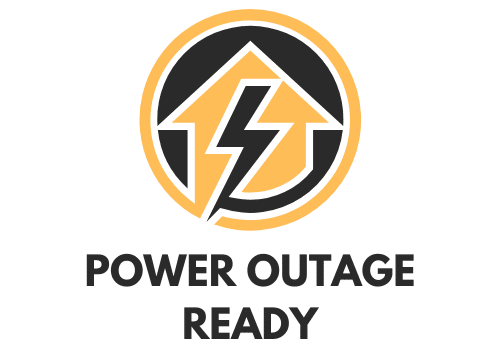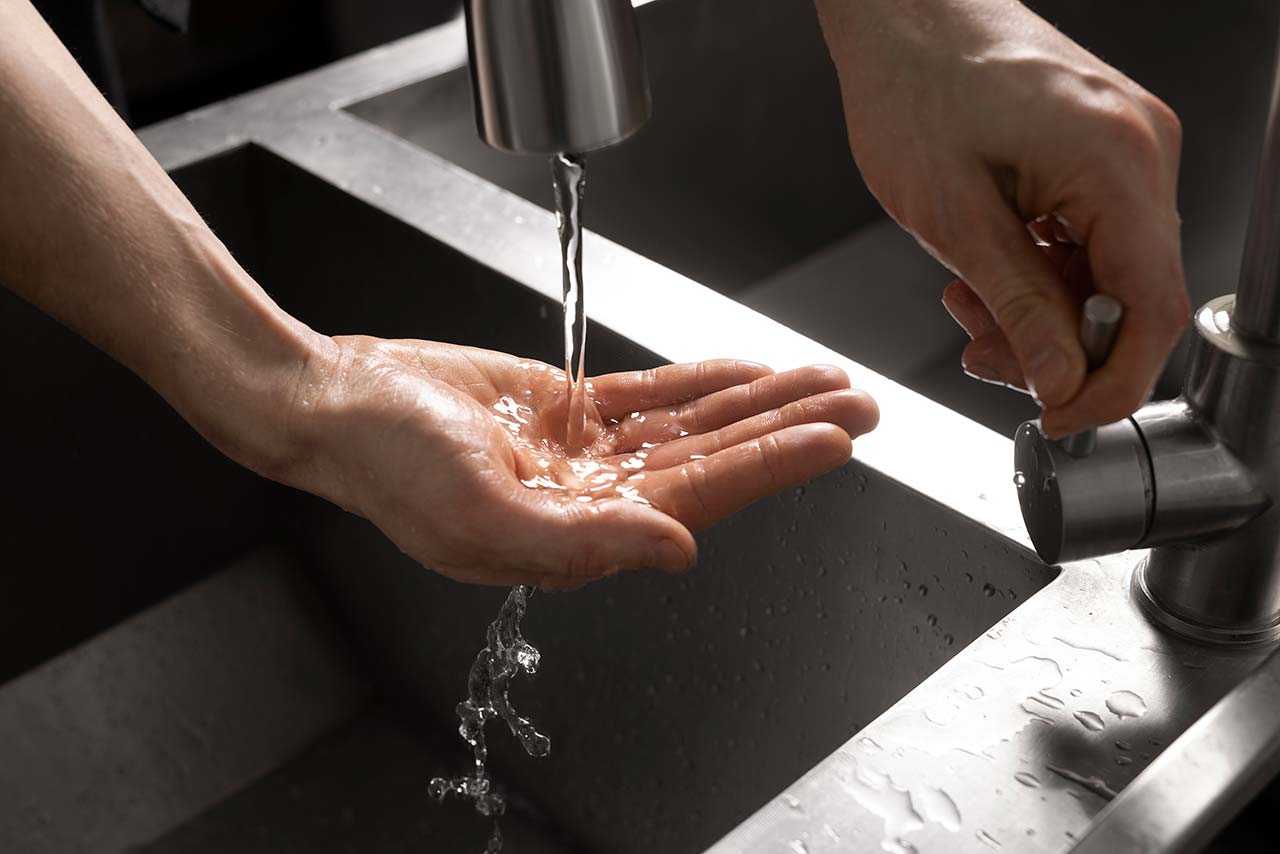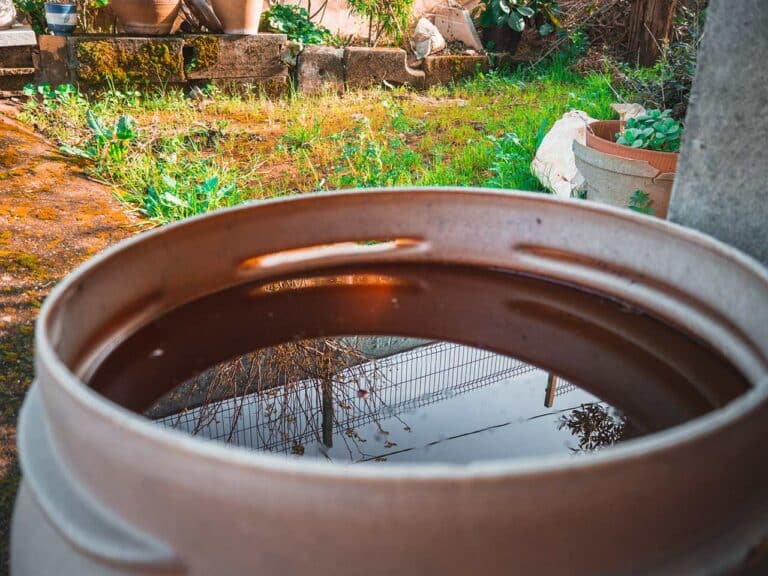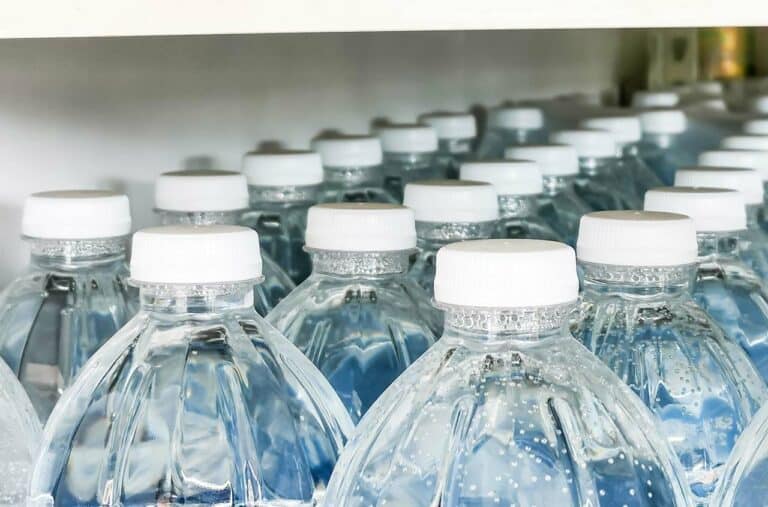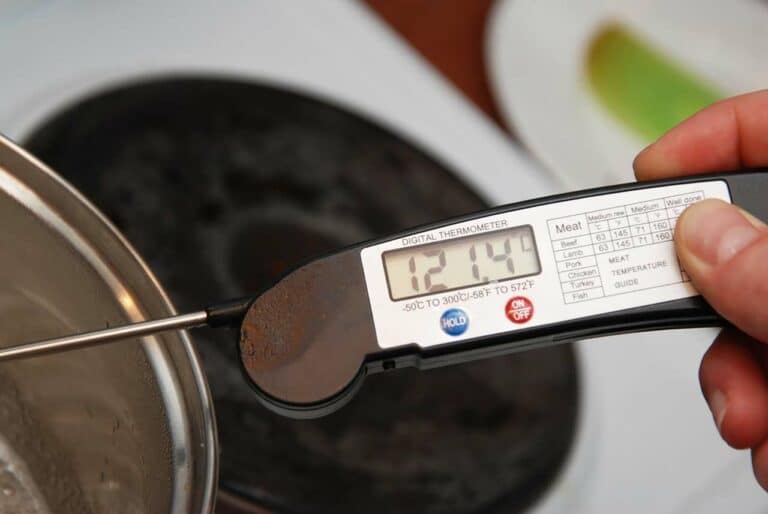What Happens To Water During A Power Outage (Explained)
Power outages can happen for many reasons, such as storms, accidents, or equipment failures. While the first thing you’ll likely notice in a power outage is the lights going out, electricity is not the only resource that can be affected by a blackout. Believe it or not, your water supply can conceivably be affected by a power outage, if not right away, then over a few hours or days.
Municipal Water Supply During a Power Outage
In the event of a power outage, the response and resilience of a municipal water supply can vary based on infrastructure, preparedness, and the duration of the outage. Here’s what you can generally expect, followed by potential issues if the outage is prolonged.
Immediate Impact: Backup Generators to the Rescue
Many municipal water treatment plants and pumping stations are equipped with backup generators to ensure that water continues to flow to homes and businesses during short-term power outages. These generators are designed to kick in automatically when the electricity goes down, ensuring minimal disruption to the water supply. In most cases, you might not even notice a difference in your water supply during brief power interruptions, thanks to these backup systems.
Potential Problems as the Outage Continues
While the initial response of municipal water systems during a power outage is often robust due to backup measures, prolonged blackouts can strain these systems and introduce a variety of challenges. As the outage stretches on, several factors can compromise the continued delivery and quality of the water supply. These include:
Depletion of Backup Power
While backup generators are robust, they run on fuel, often diesel. If the power outage extends for a prolonged period and fuel supplies can’t be replenished, the generators may eventually run out of fuel. Without power to pump water into elevated storage tanks, the water pressure in the system can drop.
Reduction in Water Pressure and Supply
Once backup power starts to wane, water pressure in the system might decrease. Elevated storage tanks rely on gravity to provide water pressure. As water is used from these tanks and isn’t replenished due to power outages at pumping stations, pressure and supply will diminish.
Water Quality Concerns
Treatment plants require power to treat incoming water and maintain water quality. Extended power outages could result in untreated or less effectively treated water entering the distribution system. While many municipalities have large volumes of already treated water stored for such emergencies, this reserve can be exhausted if the outage persists.
Dependency on Other Infrastructure
Municipal water supply systems might depend on other infrastructures. For example, if a power outage affects a critical infrastructure like transportation (limiting fuel deliveries for generators) or communication (hampering coordination between facilities), the water supply can be indirectly affected.
How Long Might You Have Water?
The duration of the water supply during a power outage depends on several factors, including the capacity of the backup generators, the size and amount of treated water storage, and the demand from the community. In many urban areas, water might continue to flow for several hours to a couple of days after the power goes out. However, residents might be advised to conserve water to extend the supply, especially if there’s uncertainty about the duration of the outage.
Well Water Supply During a Power Outage
Relying on a private well for water presents a different set of challenges and solutions during a power outage. Unlike municipal water systems that serve large populations and often have backup power, private wells typically rely directly on electricity to power the pump that draws water from the ground. Here’s what you can generally expect if you’re on well water during a power outage and the potential problems if the outage lingers.
Immediate Impact: Dependency on Electricity
The most immediate impact of a power outage for homes with well water is the loss of the ability to pump water. Since the well pump typically relies on electricity from the grid, no electricity means no water. Some homes may have a small pressurized reserve tank that could provide a limited amount of water for a short time, but once this is depleted, the tap will run dry.
Potential Problems as the Outage Continues
For homes with a well, prolonged power outages can lead to significant water access challenges, and several issues might arise:
Lack of Backup Power Options
While some homes may have backup generators specifically to power their well pumps, many do not. Without a backup power solution in place, there’s no way to draw water from the well during an outage.
Water Storage Limitations
The pressurized reserve tank in homes with well systems typically only holds enough water for immediate short-term use. Once this reserve is exhausted, there’s no water available for drinking, sanitation, or other needs.
Potential for Contamination
During extended outages, especially if accompanied by natural disasters like floods, well water can become contaminated. If floodwaters or other contaminants enter the well, the water may become unsafe to drink without treatment.
Dependency on Power Restoration
Homes with well water are directly dependent on the restoration of power to regain access to water. If a power outage is widespread and affects a large region, those with well water might be among the last to have their services fully restored.
How Long Might You Be Without Water?
For homes on well water, the absence of water can be felt almost immediately after a power outage. Unless there’s a backup power solution, like a generator in place or a substantial reserve tank, the water supply can be cut off for the entirety of the power outage. This reality emphasizes the importance of always having an emergency water storage solution, like bottled water, on hand if you rely on a well for your water needs.
Preparing for Water Disruptions
Power outages are more than just inconvenient interruptions to our daily lives; they can have profound implications for essential services, including our water supply. Whether you’re connected to a municipal water system or rely on a private well, understanding the potential impact of a blackout on your water access is vital.
By knowing what will happen with your water supply, and how long you can expect your supply to hold out in the event of a power outage, you can take smart steps toward safeguarding your water, even in the most unexpected of circumstances.
